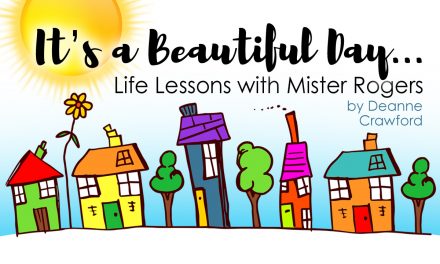The other day I was pondering what a successful unit study looks like. In previous articles, I have covered different ideas for a successful study, but wanted to bring them all together (even adding some) and create a one stop list of tips.
Here you will find some of my best tips born out of a unit study lifestyle that lasted several years. I would LOVE to hear your tips as well. Be sure to comment below with your favorite tips/ideas. Be sure to check out Unit Study Pro workshop if you would like to hear about creating your own unit study. This workshop will actually be presented at homeschooling conventions this year. We would love to share your tips and suggestions with the homeschooling families in attendance!
Without any further ado here are my few of my favorite tips…
1. Direction
Let your child direct the amount of time spent in a particular topic. Rabbit Trails are OK.
2. Responsibility
Give your children more responsibility in the planning and research of the study. While this is age dependent, younger children can be taught how to use children’s encyclopedias and other resources.
3. Age
When planning your unit study, you will want to plan the study toward your oldest child. With the teaching focused on your oldest, you can easily present a “digest” to your younger ones. OR, better idea, asks your oldest child to explain the information to the youngers. Children who are able to explain concepts to their younger siblings have taken ownership of the information and have truly learned.
4. Real Life
Involve as many real life experiences as possible: Field Trips, “Interviews” of people who have familiarity with topic.
5. Interest Level
Mom, check your interest level. Unless your children are independent learners, you will need to be “hands-on”. Make sure you have an interest in the topic. You don’t have to be as passionate as your children, but the topic must have appeal.
6. Family Dynamics
Understand your personal family dynamics. The best intentions may not come to fruition if life happens. During our second year of homeschooling, my daughter broke her right arm. Our unit study experience had to morph. While it did not go exactly as I planned, we did complete our study. Many of our hands-on experiences were tweaked, allowing her to do as much as possible, while I picked up the slack. Don’t be afraid to alter the plan to have success, especially if you experience life changes.
7. Internet & Library
The internet and library can be your best resource for finding information. While it is important to supervise younger children on the World Wide Web, there are a number of websites dedicated for children that will provide them with information. On the subject of the internet, You-tube videos can often be found that are educational in nature. Classic literature can often be found free for the Kindle (you don’t need a Kindle-the Kindle app is a free download from iTunes or to your computer desktop). Speaking of iTunes be sure to check out their free audio books! Once again, classics are frequently available for free or a minimal cost. You can also find books on a wide range of topics at your local library. Become friends with your librarian. Often times your children’s librarian will become one of you greatest allies in finding the perfect resource for your study.
I would love to hear your favorite tips! Please share below in the comment section.





